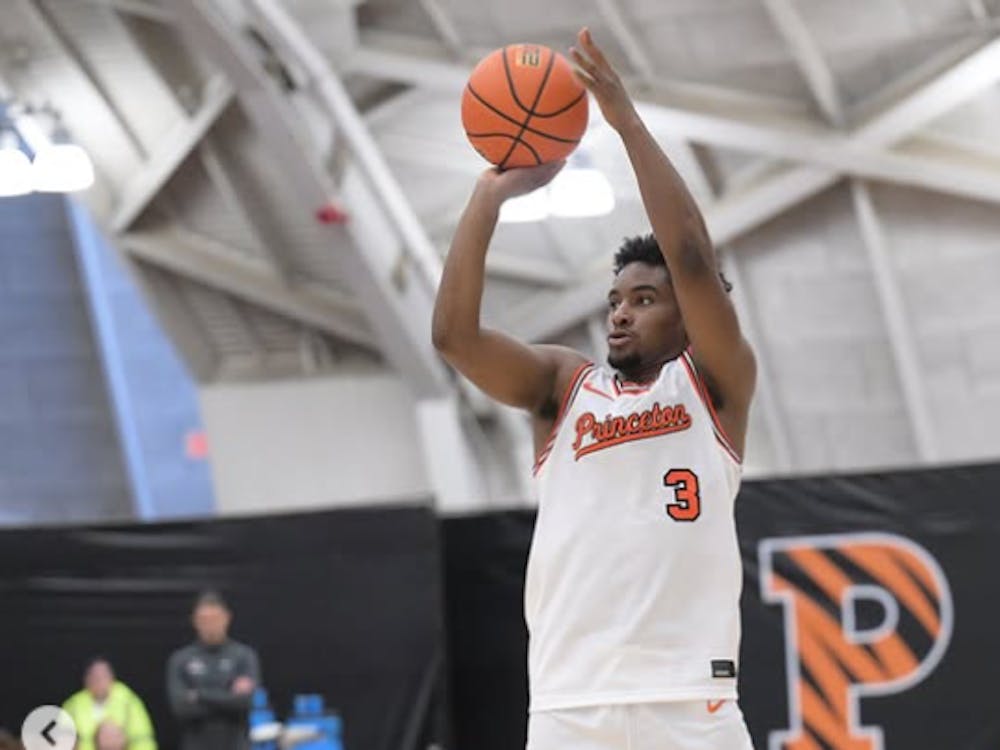Princeton football fans would probably name recent graduates playing on practice squads like linebacker-turned-fullback Zak Keasey ’05 of the San Francisco 49ers or Jon Dekker ’06, who made his NFL debut in the Pittsburgh Steelers’ 24-10 win over the Cincinnati Bengals last Dec. 2.
Others may look to Jason Garrett ’89, who became the highest-paid assistant coach in the NFL when he turned down a head coaching position with the Baltimore Ravens to stay with the Dallas Cowboys. They might also name those in the front office, like Mark Wilf ’84, president and CEO of the Minnesota Vikings.
It’s likely that none would think to count chemistry professor Jeffrey Schwartz among those whose work relates to professional football. Schwartz’s contribution, however, could prove more meaningful to Princeton football and the NFL than any previous Tiger’s.
Schwartz was recently awarded an NFL Charities grant to fund his research into joint and ligament replacement. According to its website, NFL Charities gives annual grants for “medical research that targets sports injury prevention, injury treatment, and other related research that affects the health and performance of athletes.”
The project Schwartz pitched to the NFL was to build — from scratch — and replace torn anterior cruciate ligaments (ACL), which certainly meets the criteria outlined above.
For any athlete, not just those playing professionally, torn ACLs are the stuff of nightmares. After the pain of the initial injury and surgical reconstruction comes eight to 12 months of intense physical therapy to try to get back to peak strength, but there are no guarantees. Countless careers have been devastated by ACL tears — an injury to the ligament that connects the femur to the tibia — but all that might change soon.
Schwartz and his group are already able to build the ligament, and now they will utilize the added resources from the Charities grant to develop a technique to attach the artificial ligament to bone.
Schwartz’s research doesn’t end with ligaments, either. He is also working to develop innovative methods and materials for hip and knee replacements, another project athletes of all stripes will appreciate.

Awarding the grant to Princeton marks the first time the NFL has chosen to support basic scientific research over the development of innovative surgical techniques or therapies. Team physicians like the New York Giants’ Russ Warren are excited. Nonetheless, Schwartz and his collaborators’ work could revolutionize sports medicine within the next few years. Schwartz’s group members are hopeful that it will, and not just because they might get invited up to Giants Stadium to celebrate the victory.








